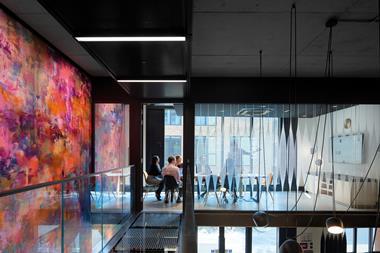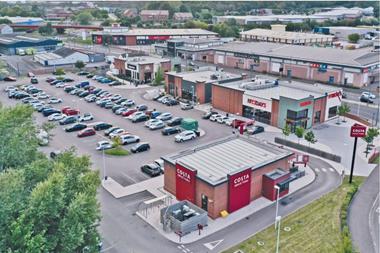
While headlines of WeWork’s decline have dominated in recent weeks, this anomaly has obscured a bigger shift: flexible workspace has gone mainstream, with appetite from office landlords and tenants growing, but also non-traditional advocates such as retailers getting in on the act.
The treatment of space as a service has resulted in a surge in appetite for flexible workspaces that tap into the long-term transformation of working habits and business needs.
Political and economic uncertainty is driving many businesses away from the fixed terms and costs associated with long office leases. A company’s ability to scale office space up or down easily without the costs or disruption of moving can ensure that productivity, profitability and growth are maintained.
Businesses are also far more focused on catering to growing worker demand for flexibility. Break-out areas, communal space, cafés, beauty salons, sleep pods and roof terraces are becoming common as work and hospitality converge. For landlords and occupiers, this also presents the opportunity for revenue streams beyond rent – a benefit Selfridges is clearly keen to tap into.
The key to ensuring flexible workspace’s longevity will be a standard valuation that recognises this enhanced value. This would support the emergence of serviced offices as a separate asset class, attracting a broad range of occupiers and investors to a model that is sweeping markets globally.
Giles Fuchs, chief executive and co-founder, OSiT
































No comments yet